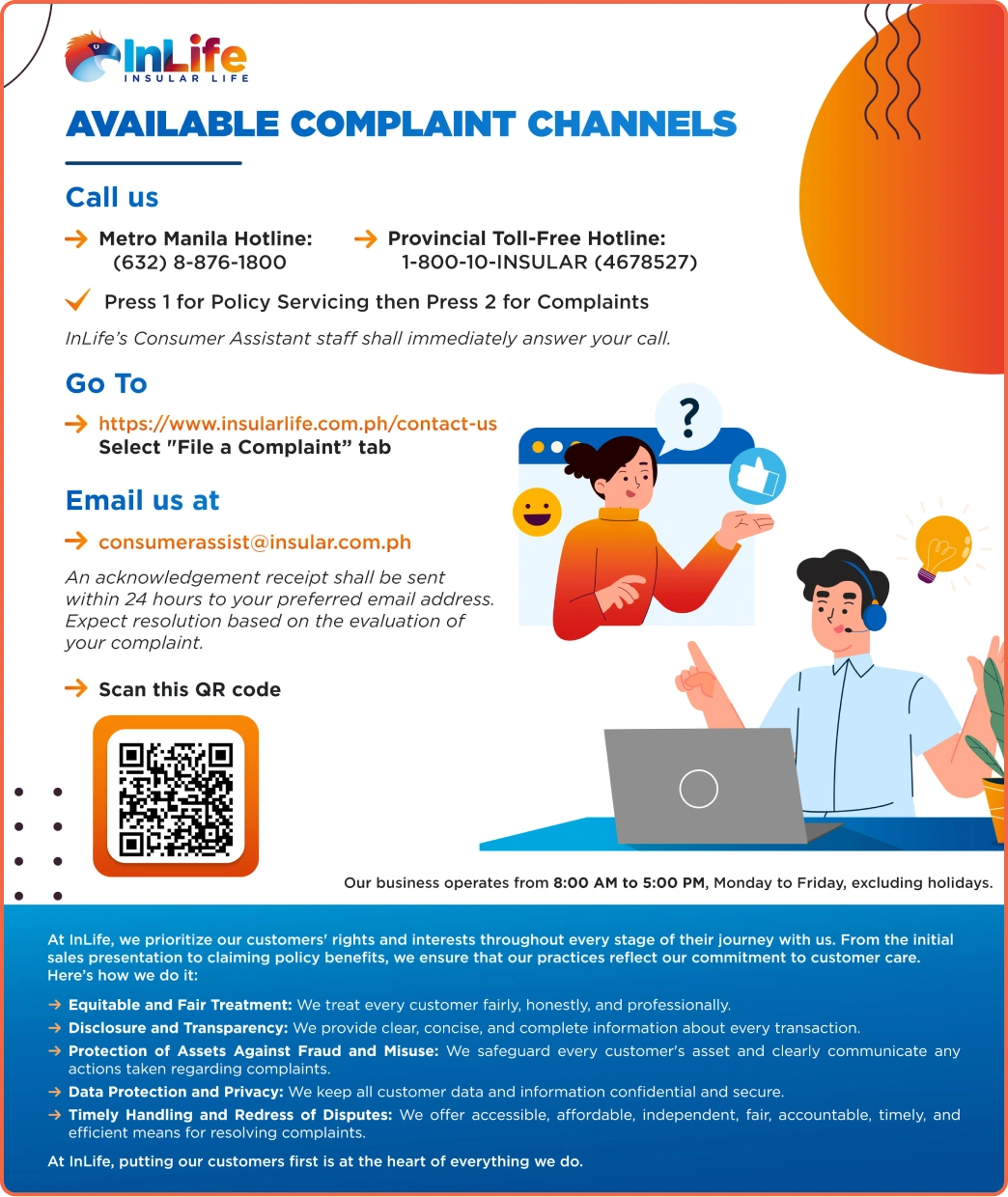Learn How to Manage Rising Healthcare Cost with Health Insurance

The healthcare industry is responsible for helping individuals maintain their health and recover from illnesses and injuries. However, this service comes at a cost, and many people feel the burden of rising healthcare costs in the Philippines. In a country where most households’ finances are already stretched thin, becoming ill can further exacerbate the issue.
This is where insurance comes in. Insurance is an investment that can help spread the risk of unexpected expenses that come with medical emergencies. It can also help in managing rising healthcare costs. That being said, how do you manage healthcare costs with health insurance? Keep on reading to find out!
What is the Average Cost of Healthcare in the Philippines?
The average cost of healthcare in the Philippines can vary widely depending on several factors, including the type of healthcare services required, the location of the healthcare facility, and whether the individual has health insurance coverage. As of 2021, the general cost estimates for healthcare services in the Philippines are:
Consultation Fees: The cost of a doctor's consultation in the Philippines can range from around PHP 300 to PHP 1,000 or more, depending on the specialization and reputation of the physician.
Hospitalization: Hospitalization costs can vary significantly based on the type of room (e.g., private, semi-private, or ward) and the medical condition being treated. A general estimate for a basic private room in a hospital might range from PHP 2,000 to PHP 5,000 or more per day. More specialized care or procedures can significantly increase these costs.
Medications: The cost of prescription medications can vary widely, but generally, generic drugs tend to be more affordable than brand-name drugs.
Health Insurance: Many Filipinos have health insurance through government programs like PhilHealth or private health insurance plans. The cost of health insurance premiums can vary depending on the coverage and the insurance provider.
Outpatient Procedures: The cost of outpatient procedures, such as laboratory tests, X-rays, and minor surgeries, can vary based on the specific procedure and where it is performed.
What Basic Healthcare Does My Health Insurance Cover?
The exact coverage of a health insurance plan depends on the type of policy purchased. Generally, most plans cover basic medical services such as doctor's visits and hospitalization fees. It is important to read the terms and conditions of a plan carefully to understand what exactly is covered. Additionally, some plans may also provide coverage for additional services such as mental health care, long-term care, and prescription drugs.
How Will I Know What Healthcare Costs My Health Insurance Cover?
The best way to know what healthcare cost your health insurance covers is to closely review your plan and contact your insurance provider. Most providers have a customer service hotline that can answer any questions you may have about the coverage of your plan. Additionally, most plans also provide an online portal where you can view your policy information, including what is covered and what is not.
How to Manage Rising Healthcare Cost with Health Insurance
-
Choose a Plan That Fits Your Needs and Budget
Before you enroll in a health insurance plan, determine what you need, and how much you can afford. Analyze your medical history, including any pre-existing conditions and your financial situation to get an idea of the type and amount of coverage you need. Look for a health insurance plan that aligns with your budget and provides adequate coverage for your needs.
-
Compare Insurance Policies and Providers
With over 100 providers of health insurance in the Philippines, it can be difficult to choose the right one. Make a list of insurers and compare their offerings, prices, facilities, and customer feedback. Consider factors such as coverage, exclusions, hospital network, age limit, and waiting periods. Also, check for any additional benefits, such as lifetime renewability, cashless hospitalization, and wellness programs.
-
Optimize Your Health Benefits
Check the benefits provided by your health insurer and make the best use of them. Most health plans cover annual check-ups, screenings, and vaccinations. Use them to detect any health issues early and prevent problems before they get out of hand. Also, take advantage of your health insurer's tie-ups with medical facilities to reduce expenses and speed up claim processing.
-
Be Proactive About Your Health
Your health is ultimately your responsibility. Leading a healthy lifestyle can help you avoid many medical expenses related to chronic diseases and illnesses. If your insurer provides wellness programs, take advantage of them. Join preventive health programs, quit smoking, manage stress, exercise regularly, eat a balanced diet and avoid excessive alcohol consumption. These steps can prevent many chronic illnesses and reduce healthcare costs.
-
Keep an Emergency Fund
Even with health insurance, there may be unexpected expenses that are not covered. Additionally, deductible amounts and copays may strain your budget. It’s important to keep an emergency fund to cover unexpected medical expenses. Set aside a fixed amount every month and build up your savings. It can help you avoid dipping into your savings for other emergencies.
Managing ever-rising healthcare costs is often a source of stress. However, having health insurance is one of the most effective ways to reduce medical expenses and provide financial protection against unexpected medical bills. By carefully selecting a plan that fits your needs and budget, and taking advantage of preventive care services, you can help manage rising healthcare costs with health insurance. With the right approach, you can enjoy greater peace of mind knowing that your health is protected. Plus, a healthy lifestyle and emergency funds can help cover any medical expenses that may arise. By following these tips, you can ensure your healthcare costs remain affordable and manageable in the long run.
InLife has a suite of comprehensive life and health insurance plans that provide you and your family with the protection you need. Our health plans are designed to cover a wide range of medical expenses while delivering features such as lifetime renewability, cashless hospitalization, wellness programs, and more. With InLife’s innovative health insurance solutions, you can enjoy worry-free financial protection against rising healthcare costs. Get in touch with us today and safeguard your health and well-being!







